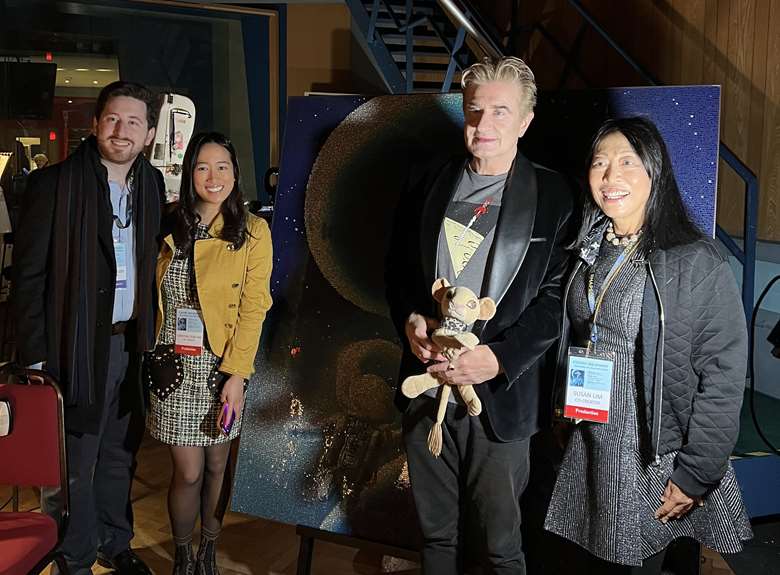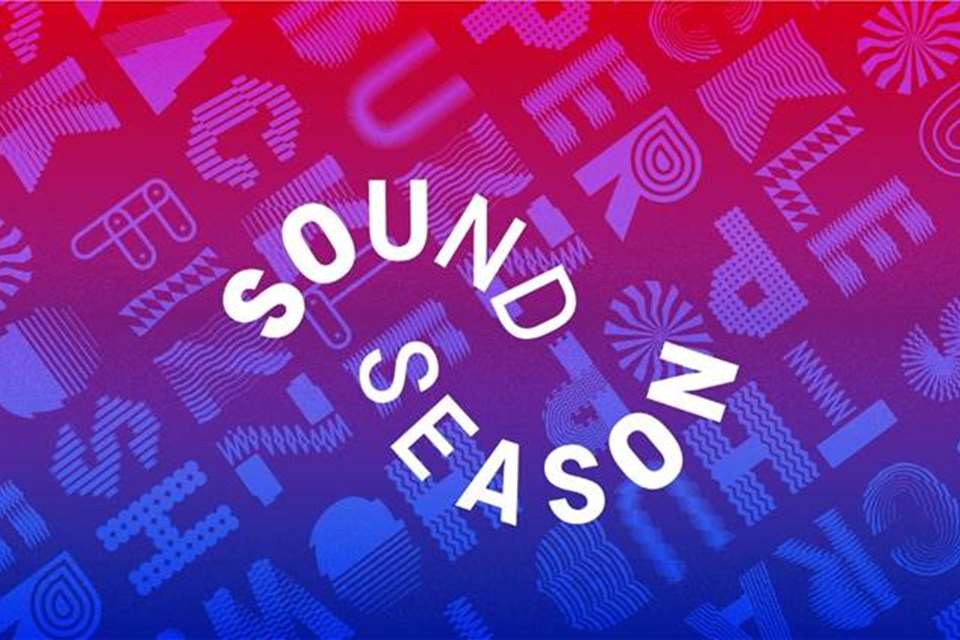RPO to premiere science-inspired ‘Cosmic Rhapsody’
Florence Lockheart
Friday, May 2, 2025
Premiering at the Barbican next week, ‘Cosmic Rhapsody’ explores humanity’s collective search for solutions

The Royal Philharmonic Orchestra and pianist Jean-Yves Thibaudet are set to present the premiere of a new orchestral work created by scientist songwriters Susan Lim and Christina Teenzand composer Manu Martin. Lim Cosmic Rhapsody, which aims to take listeners on a journey through the cosmos, is released as an album on Decca Classics today, is set to premiere at The Barbican on 5 May.
Inspired by real-life scientific discoveries and events, Cosmic Rhapsody explores humanity’s collective search for solutions – both on Earth and beyond. It is the second instalment of the ALAN Trilogy, building on themes first introduced in Lim Fantasy of Companionship for Piano and Orchestra, which premiered with the RPO at Cadogan Hall in July 2023.
Songwriter, surgeon and Cosmic Rhapsody co-creator Dr Susan Lim said: ‘Lim Cosmic Rhapsody was deeply influenced by the global pandemic and devastating wildfires of 2020, highlighting our planet's fragility. Amid these challenges, the historic return of NASA astronauts to space ignited our imagination and hope for potential solutions in the cosmic space, leading to the creation of this works. Led by pianist Jean-Yves Thibaudet, Cosmic Rhapsody invites listeners to reflect on their relationship with our planet and inspire environmental consciousness. The release on Decca Classics is a significant moment for us, and I couldn't be more proud.’
The premier will be conducted by Robert Ziegler, with London Voices, The City of London Choir, singer Tom Ball and the ALAN team musicians. It will be accompanied by a short film which won Best Musical Film and Best Inspirational Film at the New York International Film Awards, and Best Inspirational Film at the Los Angeles Film Awards.
Jean-Yves Thibaudet said: ‘The piano score on Lim Cosmic Rhapsody is both intimate and vast. Having performed as a soloist on numerous film scores, I find this project uniquely compelling in how it transcends traditional multimedia collaborations – it's something new for me! The reflective passages speak with a quiet poetry that invites deep listening, while the moments of escalating drama create a necessary tension that's genuinely affecting rather than merely theatrical. What I cherish most is how we're left with a positive, soothing, and tender message at the conclusion—a gentle affirmation that lingers long after the final notes fade.’


